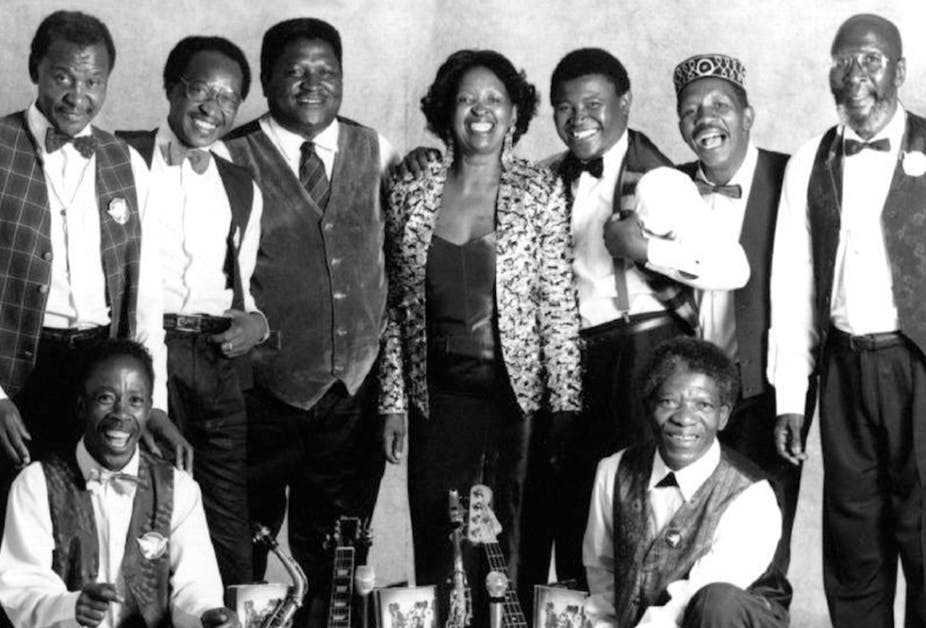Reference



OpenAI's Answer
The South African government initially misinterpreted the song "Meadowlands" when it was first released in 1956. The song, composed by Strike Vilakazi, was written as a protest against the forced relocation of black South Africans from Sophiatown to Meadowlands in Soweto. Despite its true intent, the government perceived the song as supportive of the relocations.
This misinterpretation was due to the upbeat and seemingly cheerful nature of the song, which led the authorities to believe that it endorsed their policies. As a result, Strike Vilakazi was even congratulated by the government, demonstrating their lack of understanding of the song’s actual message. In reality, "Meadowlands" became an anthem of resistance, expressing the black community's defiance and sorrow over their forced displacement.
References:
Follow Up
Related
Repositioning for the future: African hand-washing innovation Shesha Geza streamlines its strategi
How does the African Standby Force contribute to the African Union's mission?
Repositioning for the future: African hand-washing innovation Shesha Geza streamlines its strategi
Which South African township was a cultural center for African jazz before its destruction?
What are the primary institutions and bodies of the African Union?